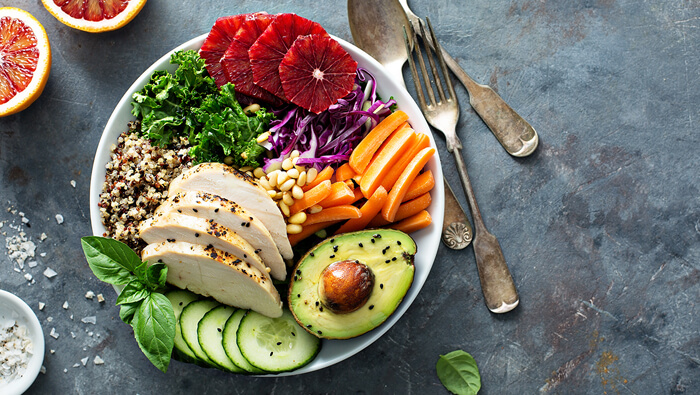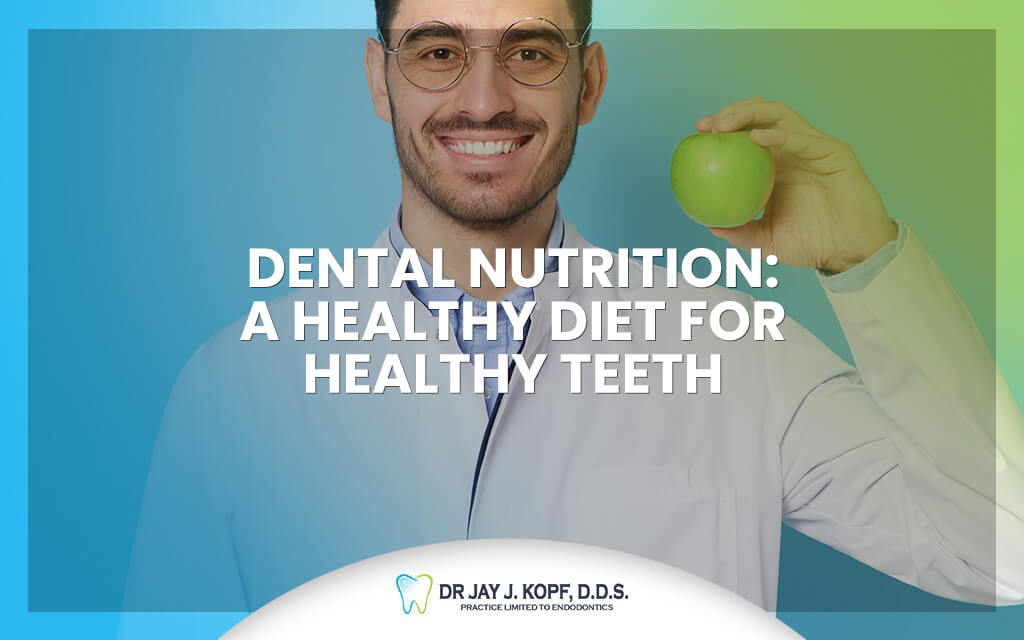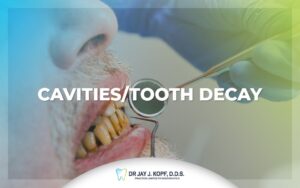Your teeth are much more than just eating tools. In order to have a normal digestion, and in order to take in nutritious foods, we must have healthy teeth, healthy gums, and we must maintain hygiene. Of course, in addition to all that, it is very important to be careful what food we eat and what drinks we drink. Therefore, if you eat healthy, your body is healthy and this first affects your dental health. Also, if you eat unhealthily, it affects your teeth and gums first.
It is very important that you also know the following things:
- Nutritional composition of food.
- Form of food – whether it is liquid, solid, sticky or slowly dissolves.
- Medical conditions such as gastrointestinal reflux and eating disorders can increase the risk of caries and weaken teeth.
- The combination of the foods you eat as well as the order in which you consume them is very important.
Calcium deficiency
Calcium plays a role in keeping jaw bones healthy and strong to keep teeth in place. You should consume 1,000-2,000 mg of calcium daily for strong bones and teeth. Studies show that people with a calcium intake of less than 500 mg, or about half the recommended dietary dose, were almost twice as likely to have gum disease. When the body does not get enough calcium, it withdraws it from the bones and teeth. Take care of this!
Vitamin D and phosphorus
Vitamin D regulates the body’s balance of calcium and phosphorus and can stimulate absorption. It can also help reduce gingivitis that is associated with periodontal disease. Phosphorus is needed for calcium to increase its benefits.

Leafy vegetables
Leafy vegetables are rich in calcium. Accordingly, it helps build the enamel of your teeth. Spinach, kale and other “salad vegetables” can even be added to eggs in the morning for a sandwich for breakfast and an omelet. In addition to having a lot of calcium, these foods are rich in folic acid which will take care of gum disease, keeping your mouth healthy.
Cheese
Cheese can prevent tooth decay. It affects the pH level in the mouth and contains protein and calcium. Strengthen your tooth enamel by adding cheese to your diet.
Onions
Onions work by getting rid of harmful bacteria both in the mouth and in the body in general, making it a credible superfood.
Water
Dehydration can thicken your saliva. Saliva has 99.5% water.
The most effective water levels in your saliva are essential for breaking down food, neutralizing bacterial acid and preventing tooth decay. After drinking coffee or drinking other stained foods, rinsing with water can help reduce stains on your teeth.
Green and black teas
Both of these teas contain polyphenols that interact with plaque bacteria. These teas either kill or retain bacteria and prevent the growth of bacteria or the formation of acids that attack teeth.
Sugar-free chewing gum
It also creates a lot of saliva in the mouth and removes food particles from the mouth. For this reason, it is very useful and regular use is recommended.
Nuts and low-fat proteins
Nuts are great for your teeth because they are a great source of calcium and protein, and they have little sugar. Low-fat proteins also contain phosphorus and protein and keep teeth healthy.
Black coffee
Black coffee can actually fight plaque and can protect your teeth from caries. However, the coffee must be black and unsweetened.




